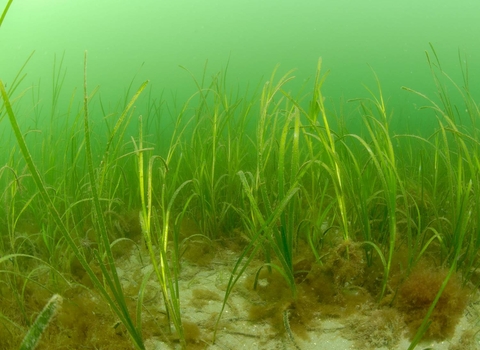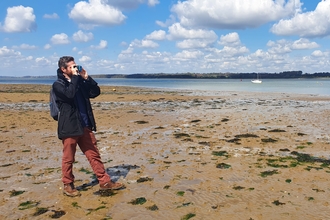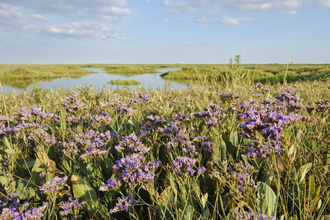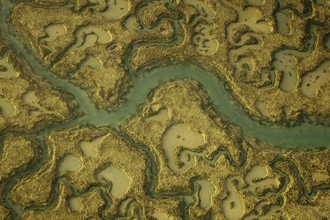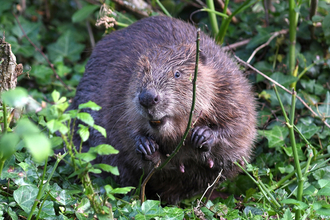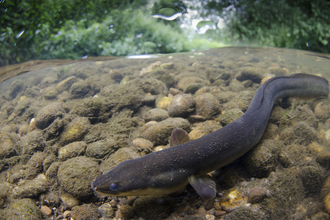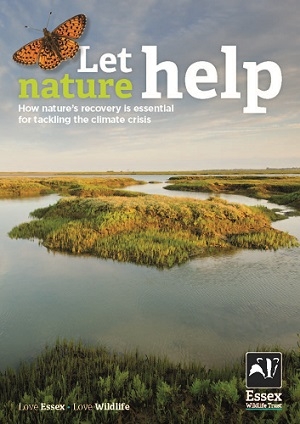A global emergency
We are in the middle of a climate and nature emergency, and the two are inextricably linked. Climate change is driving nature’s decline, and the loss of wildlife and wild places leaves us ill-equipped to reduce carbon emissions and adapt to change. One cannot be solved without the other.
We know from experience that restoring nature can help soak up carbon emissions - known as natural solutions to climate change - whilst contributing many additional benefits. When healthy, our natural habitats can reduce the risk of flooding, help prevent coastal erosion, improve people’s health and wellbeing, as well as maintain healthy soils, clean water and the pollinators needed for our crops – and therefore sustain us.
Nature itself is at risk from climate change, but if helped to recover, its potential to store carbon does mean it can help us to turn the tide on the climate catastrophe. We must kick start nature’s recovery and make nature-based solutions a priority.
What is Essex Wildlife Trust doing?
For decades, Wildlife Trusts up and down the country have been working on the ground to restore nature. We protect and recover important habitats that lock carbon safely away and limit the effects of climate change, including saltmarsh and seagrass. Did you know - a hectare of saltmarsh can capture two tonnes of carbon a year and lock it into sediments for centuries.
Essex Wildlife Trust’s Let nature help report draws on the latest research and shows how a variety of Essex’s natural landscapes can store carbon and provide other benefits. The UK has a target of net zero greenhouse gas emissions by 2050 and nature can make a massive contribution to achieving this, alongside essential and ambitious emissions cuts. By restoring and connecting nature on land and at sea to create a Wilder Essex, we can address the climate and nature emergencies head on.

